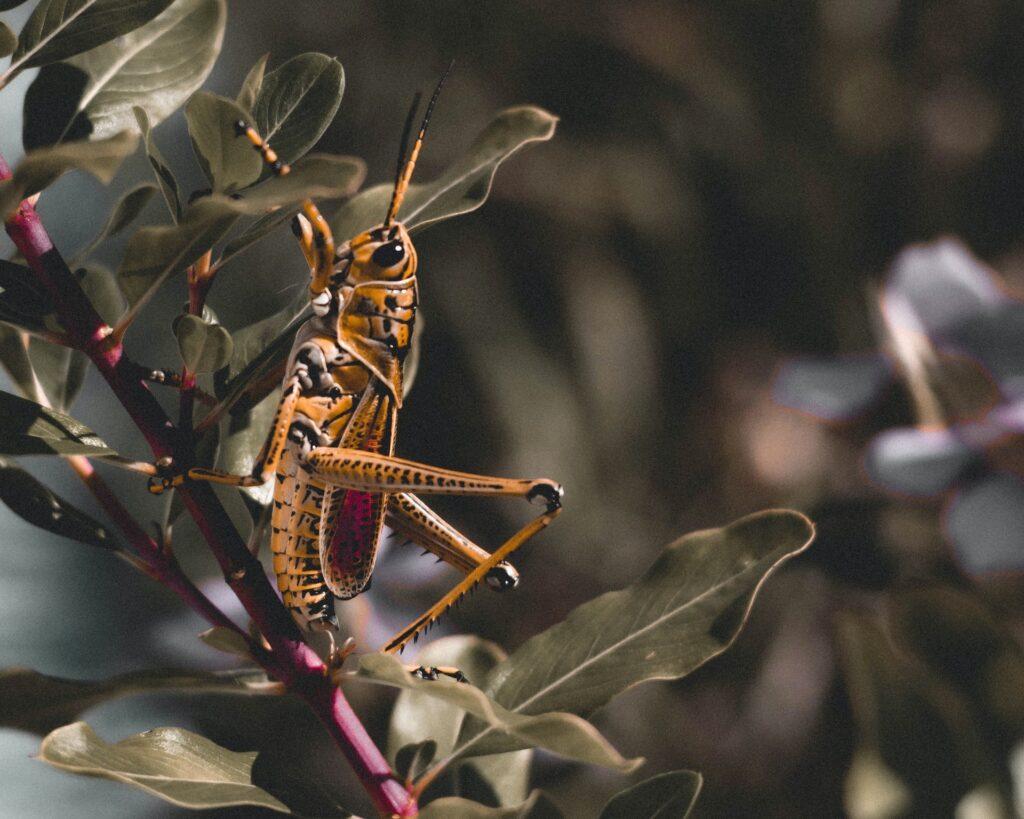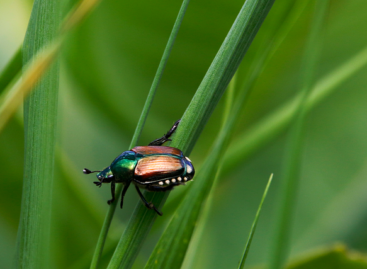The decree has come out: this is what insect protein-containing products will look like in the future
Based on the decision of the European Commission, from January this year, 4 insect species can appear as food ingredients on store shelves in the EU. In response to the union’s decision, the Ministry of Agriculture amended the food labeling regulation. The decree that changes the regulations on foods containing insects has been posted on the government’s website.
These insects can currently be added to food in the EU
Currently, 6 insects are licensed for use in the EU and 8 additional insect proteins are awaiting evaluation by the EU’s decision-makers. The six authorized insects are: dried Tenebrio molitor larva (Tenebrio molitor larva), frozen, dried and powdered Locusta migratoria (Oriental locust), frozen, dried and powdered larva of the common flour beetle (Tenebrio molitor larva), frozen, dried and powdered Acheta domesticus (house cricket) in powder form, defatted powder produced from Acheta domesticus (house cricket), frozen, pulped, dried and powdered Alphitobius diaperinus larvae (litter weevil larvae).
What kind of food do you put an insect in?
Foods containing insects have long been present on the Hungarian and international markets. The insects listed above are also used in some form in the production of salamis, sausages, chocolates, hot dogs, chewing gums and decorative candies. They mainly color with them or achieve a certain jelly texture by using insects.
Related news
EU adopts rule to prevent destruction of unsold clothing
🎧 Hallgasd a cikket: Lejátszás Szünet Folytatás Leállítás Nyelv: Auto…
Read more >The presence of bird flu has also been confirmed in Bács-Kiskun County
🎧 Hallgasd a cikket: Lejátszás Szünet Folytatás Leállítás Nyelv: Auto…
Read more >The risk of introduction is increasing – the Japanese beetle has already appeared in Croatia
🎧 Hallgasd a cikket: Lejátszás Szünet Folytatás Leállítás Nyelv: Auto…
Read more >Related news
How Coca-Cola plans to build more billion-dollar brands
🎧 Hallgasd a cikket: Lejátszás Szünet Folytatás Leállítás Nyelv: Auto…
Read more >Tesco sets out store expansion plans in 2026 including five former Amazon Fresh sites
🎧 Hallgasd a cikket: Lejátszás Szünet Folytatás Leállítás Nyelv: Auto…
Read more >










